It is the cement that acts as the keystone that holds the house and skyscraper together in the modern construction world. Ever since the first structures were created, quality and reliability testing of cement has always been important in making sure that the structures meet their integrity and durability. Therefore, cement testing equipment is valuable. At Concrete Testing Equipment, we cater to the industry’s needs with state-of-the-art solutions set to help construction and engineering professionals keep to the highest levels of quality and compliance.
Importance of Cement Testing Equipment We’ll cover types of cement testing equipment. And finally, how ConcreteTestingEquipment ensures accurate and effective testing for all your needs.
Why Cement Testing is Crucial
The most important agent among construction materials is cement, which alone binds sand and all aggregates to form concrete. The quality of cement varies due to the raw materials, manufacture, and even storage. Cement is tested to ensure that:
- Durability: To withstand environmental factors like weather, water, and chemical exposure.
- Strength: To support the intended load and structural requirements.
- Compliance: To meet industry standards such as ASTM, IS, and EN regulations.
- Safety: To prevent structural failures that could result in significant damage or loss of life.
Key Types of Cement Testing Equipment
ConcreteTestingEquipment provides a comprehensive range of tools to test cement at every stage of production and application. Below are the primary categories:
1. Consistency and Setting Time Testing Equipment
- Purpose: Determines the water content for standard consistency and the time required for initial and final setting.
- Tools Include Vicat Needle Apparatus, Le Chatelier Mould.
- Use Case: Ensures that cement sets and hardens within the required timeframe for specific applications.
2. Compressive Strength Testing Machines
- Purpose: Measures the ability of cement to withstand axial loads without failure.
- Tools Include Compression Testing Machines (CTM), and cube moulds.
- Use Case: Ensures cement meets the strength specifications for load-bearing structures.
3. Fineness Testing Equipment
- Purpose: Assesses the particle size of cement, which impacts hydration and strength.
- Tools Include Blaine Air Permeability Apparatus, a 90-micron sieve.
- Use Case: Ensures optimal particle distribution for efficient bonding.
4. Soundness Testing Equipment
- Purpose: Check the volume stability of cement to prevent cracking or disintegration over time.
- Tools Include Le Chatelier Apparatus and autoclaves.
- Use Case: Ensures structural longevity by identifying potential expansion issues.
5. Chemical Analysis Equipment
- Purpose: Determines the chemical composition of cement, including lime, silica, and alumina content.
- Tools Include X-ray fluorescence (XRF) analyzers and cand chemical titration kits.
- Use Case: Ensures compliance with chemical standards and enhances cement’s performance.
6. Heat of Hydration Testing Tools
- Purpose: Measures the heat released during cement hydration.
- Tools Include Calorimeters.
- Use Case: Used for large-scale projects where temperature control is crucial to prevent cracking.
How ConcreteTestingEquipment Stands Out
Concrete Testing Equipment offers industry-leading solutions that cater to the unique needs of engineers, contractors, and researchers. Here’s what sets us apart:
1. High-Quality Standards
Our equipment is designed to meet international standards like ASTM, IS, and EN, ensuring reliable and accurate results.
2. Advanced Technology
From digital compression testing machines to automated Vicat needle apparatus, we incorporate the latest technologies to enhance precision and efficiency.
3. Wide Range of Products
We offer a diverse selection of cement testing equipment to suit various needs, from small-scale labs to large construction sites.
4. Customized Solutions
Our experts work closely with clients to provide tailored solutions that meet specific project requirements.
5. Unmatched Support
With robust after-sales support, training, and maintenance services, we ensure our clients maximize the value of their investment.
Applications of Cement Testing Equipment
1. Research and Development
Testing equipment is essential for R&D departments in cement manufacturing plants to develop new blends and improve product quality.
2. Quality Control
Manufacturers rely on testing equipment to ensure each batch of cement meets the required standards before distribution.
3. Construction Sites
Contractors use cement testing equipment on-site to validate material quality before mixing concrete.
4. Education and Training
Educational institutions and training centers use cement testing tools for academic purposes and hands-on learning.
Benefits of Using Cement Testing Equipment from ConcreteTestingEquipment
- Improved Quality Assurance: Regular testing guarantees the production of high-quality cement.
- Enhanced Structural Safety: Ensures structures can handle their intended loads without failure.
- Cost Savings: Identifying potential issues early reduces waste and prevents costly repairs.
- Regulatory Compliance: Meets legal and industry standards for construction materials.
Conclusion
Testing cement is just one of the vital aspects in modern-day construction wherein establishing the durability, reliability, and safety of materials is tested for assurance. Cement quality can be tested and verified using advanced equipment from ConcreteTestingEquipment, paving the way for truly robust and enduring structures. Cement testing equipment is a sure investment to ensure excellence in construction, whether for contractors, engineers, or researchers.
FAQs
1. What is the purpose of cement testing?
Cement testing ensures the material meets the quality, strength, and safety standards required for construction.
2. Which standards does ConcreteTestingEquipment follow?
Our equipment complies with ASTM, IS, and EN standards, ensuring global quality and reliability.
3. How often should cement be tested?
Cement should be tested during production, storage, and before use to maintain consistent quality.
4. Do you offer training on how to use the equipment?
Yes, ConcreteTestingEquipment provides training and after-sales support to help clients effectively use the tools.
5. Can your equipment be customized for specific projects?
Absolutely! We offer tailored solutions to meet the unique requirements of your projects.
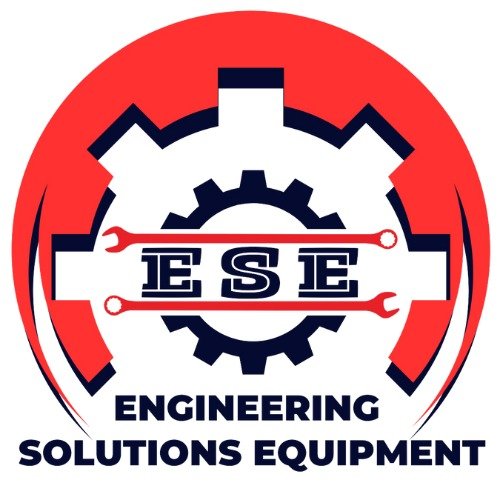

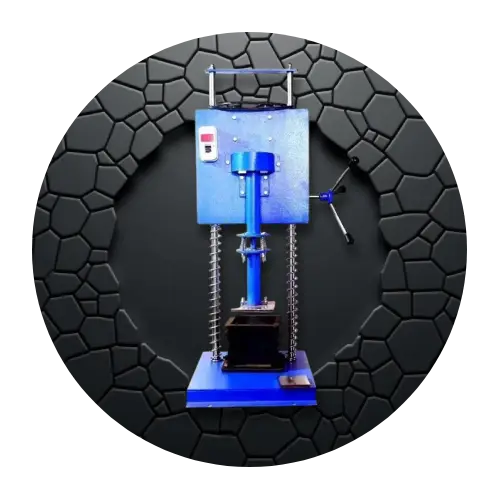
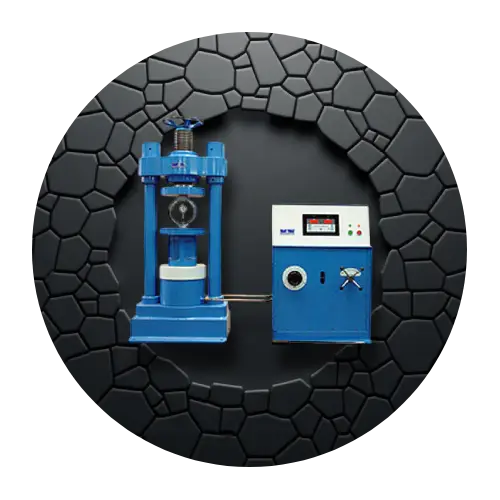
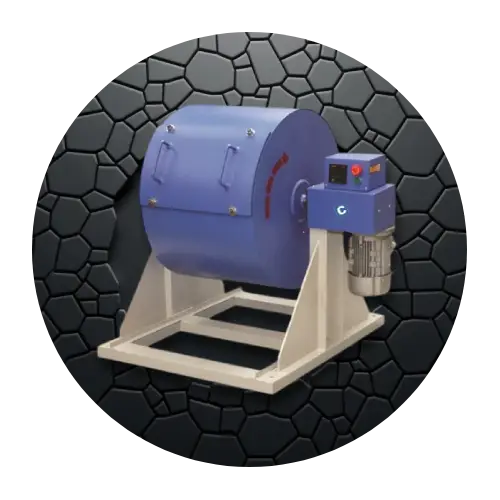
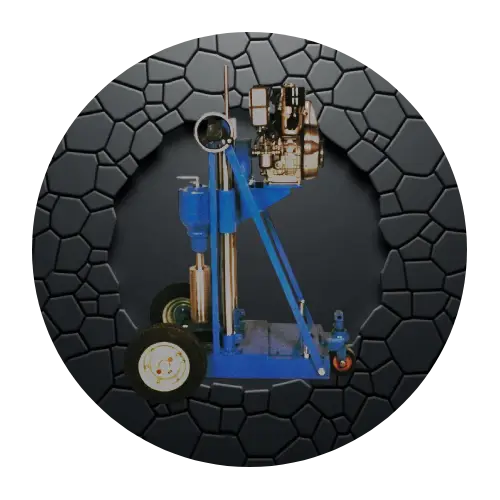
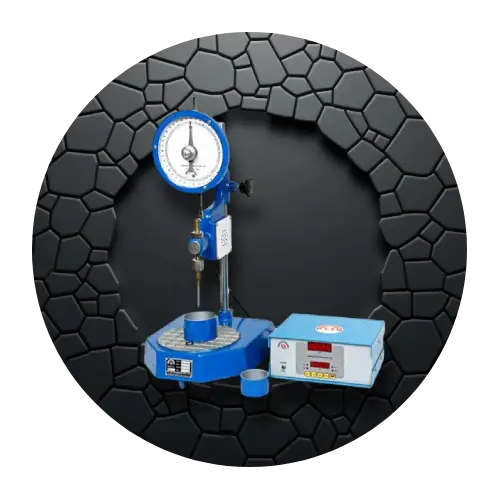
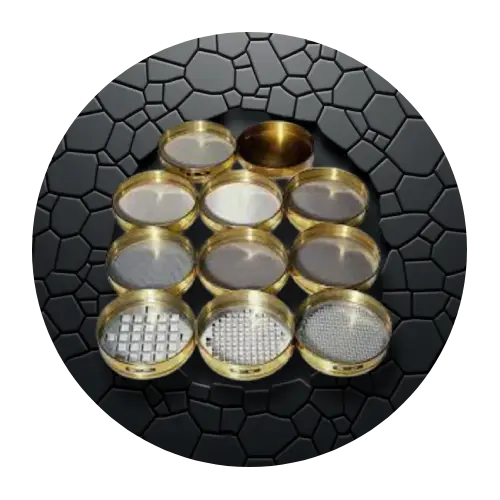


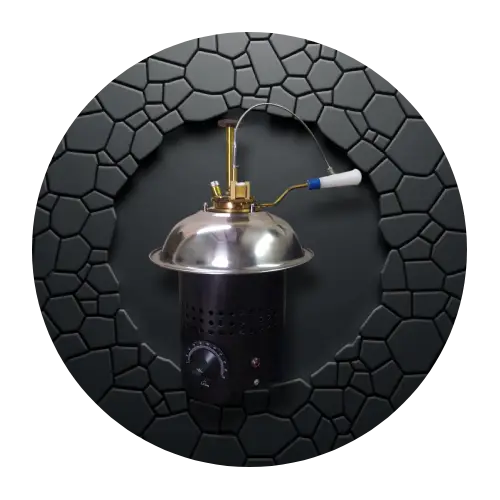
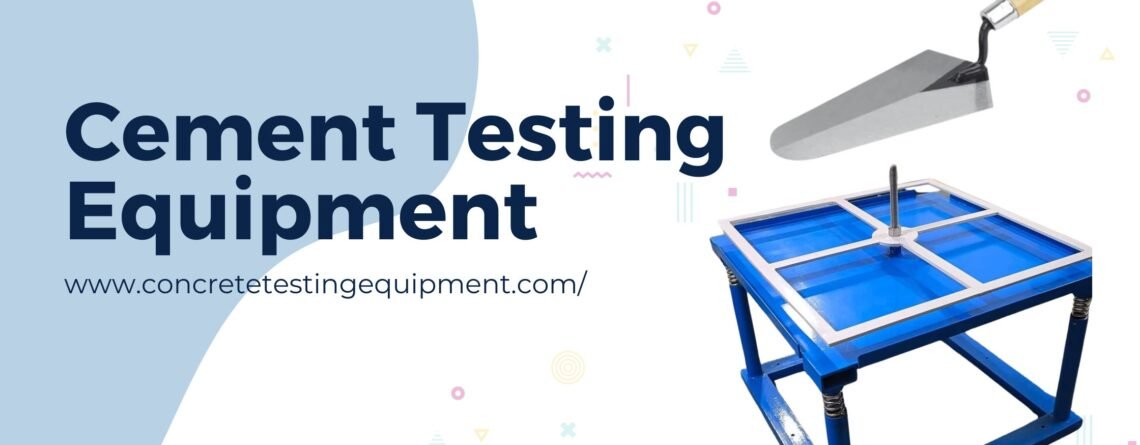
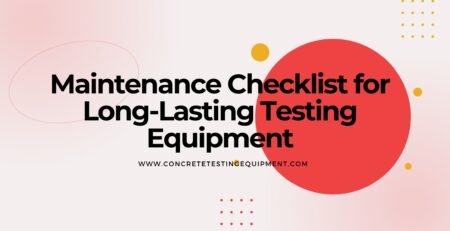



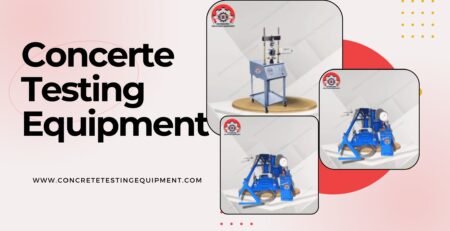






Leave a Reply